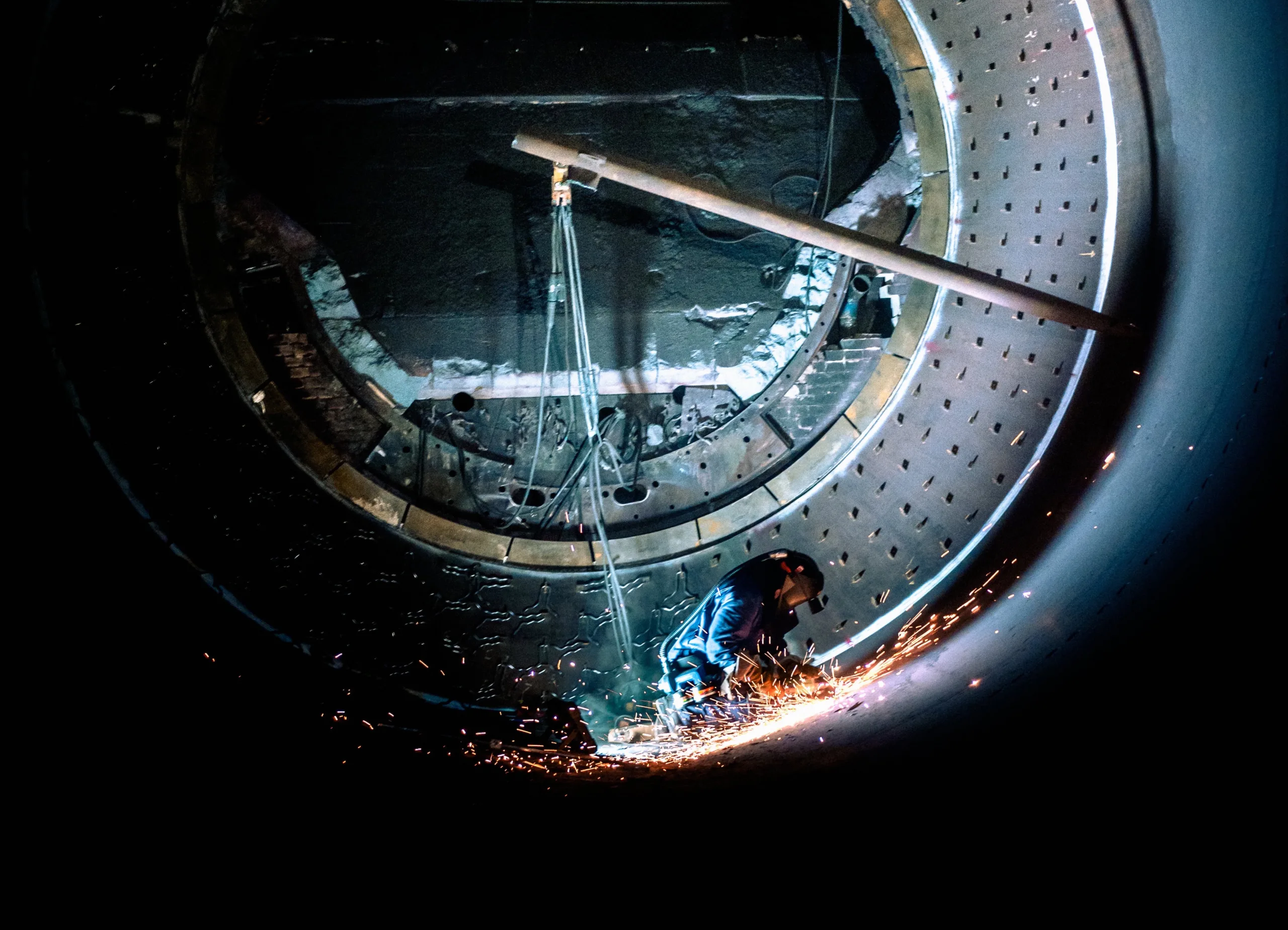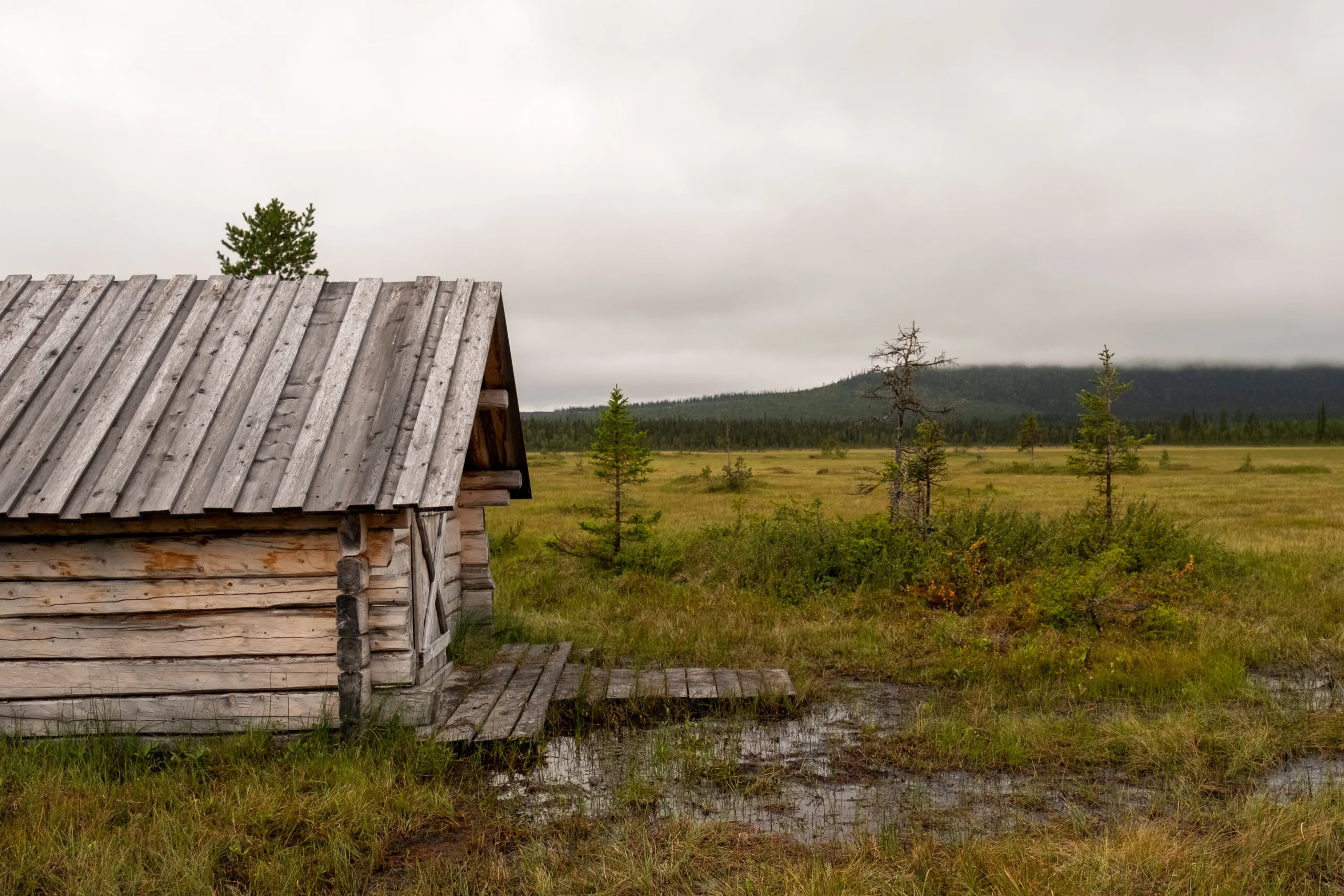Year-end report 2019: Strong earnings in an uncertain market
Stable production and favourable market conditions enabled LKAB to increase its operating profit both for the quarter and for the full year, this despite lower delivery volumes. The market remains uncertain, however.
Sales for full-year 2019 increased to MSEK 31,260 (25,892) and operating profit strengthened to MSEK 11,788 (6,869), an increase of 72 percent. The improved earnings are mainly due to higher iron ore prices and a stronger dollar exchange rate. Lower sales had an adverse effect. Operating cash flow for the full year increased to MSEK 6,981 (3,386). The improvement is mainly due to the increase in profits and to lower levels of capital expenditure. Higher expenditure on urban transformation had a negative impact. Profit for the year amounted to MSEK 10,173 (5,274) and the Board is proposing to the Annual General Meeting an ordinary dividend amounting to MSEK 6,104 (3,164).
For the fourth quarter sales increased to MSEK 6,947 (6,911) and operating profit increased to MSEK 2,047 (1,900). The improved earnings are mainly a result of a stronger dollar exchange rate and lower costs for urban transformation provisions. Lower prices for highly upgraded iron ore products and lower delivery volumes during the quarter had an adverse effect.
“I am pleased that we are delivering strong earnings despite an uncertain market and despite making significant investments in both the ongoing urban transformation and our projects for the future. We cannot influence conditions in the market, but we can secure our own competitiveness. We are doing this by optimising production in existing structures while at the same time developing sustainable, efficient iron ore production for the future,” says Jan Moström, President and CEO of LKAB.
Price levels squeeze demand for highly upgraded iron ore
The global spot price for iron ore peaked at around USD 125/tonne during the summer. Levels then fell significantly following a slowdown in demand from the steel industry. Towards the end of the fourth quarter prices increased again and at the end of the year the price was USD 92/tonne.
During the quarter the average spot price for iron ore was USD 89 (72)/tonne. Pellet premiums reduced further and were at a lower level than during the fourth quarter of the previous year.
“The change in demand that we saw during the year meant that to some extent we had to redirect our volumes to new customers and markets. We were very successful in this. However, delivery volumes for the full year were at a somewhat lower level than in the previous year,” says Jan Moström.
Continued focus on production stability
Production was relatively stable during the year, particularly in the third and fourth quarters. However, at the start of the year production was negatively affected by minor operational disruption at the pelletising plants in Kiruna as well as extensive maintenance work at the pelletising plant in Svappavaara. Despite this, LKAB is equalling its production record from 2017 of 27.2 Mt on an annual basis. The improvement is a result of LKAB’s focus on production stability.
In parallel with improvements being made within the existing structure, LKAB is working intensively on how the business will operate in the future. Together with customers and suppliers, long-term work is in progress to develop processes and technology for fossil-free steelmaking and for automated and sustainable mining.
LKAB issued a SEK 2 billion dual tranche green bond with a term of 5,25 years during the quarter. The bond is the company’s first green bond. The proceeds will be used by LKAB to invest in the transformation of itself into a sustainable mining company of the future.
During the quarter, LKAB announced a new Group structure with effect from 1 January 2020. The current three divisions – the Northern Division, Southern Division and Special Products Division – will instead be divided into two business areas, Iron Ore and Special Products. The Communications department will form a new unit called Communications and Climate. The change is a further step towards a more decentralised organisation.




